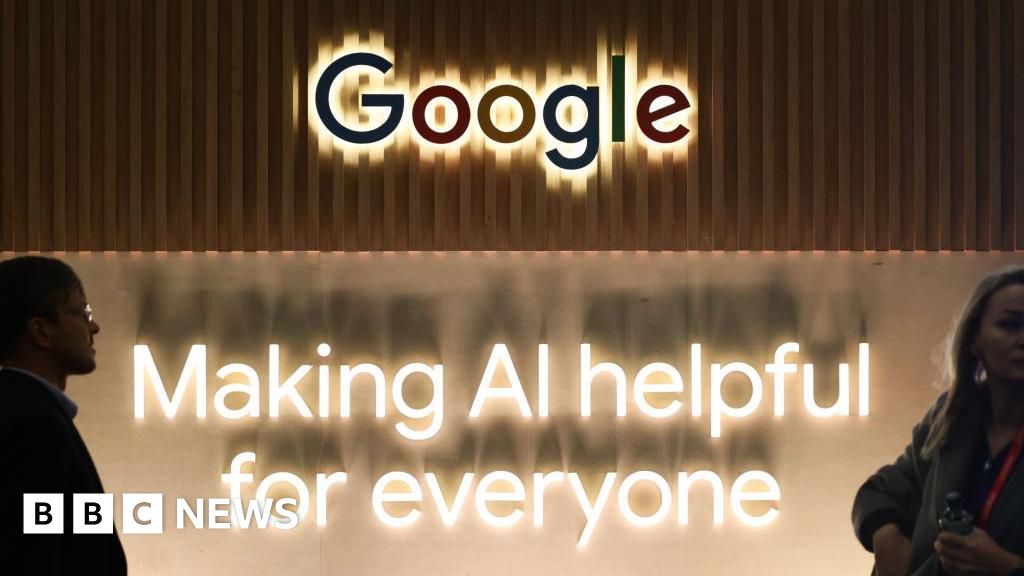Let's look at the example posted.I disagree based on extensive recent experience
"Eliminating a €200k mortgage at 3.5% would save approximately €7,000 annually in interest, totaling €140,000 over 20 years."
Without even thinking hard about it at all, the €7k figure could only be correct for an interest only mortgage. Some quick calculations give a saving of c€78k, not €140k.
"This aligns with the “debt avalanche” method, targeting high-interest obligations first."
Hardly true of a mortgage.
"Tax Relief: Contributing €30k to a pension would yield €12,000 in tax savings (40% relief on €50k income), effectively costing €18,000 net."
Standard rate cut off is €44k, meaning not all of this contribution will get tax relief at 40%. No mention of backdating to the precious year.
"With a €100k pension at age 40, the user is below the recommended benchmark (1x annual salary by 30, 3x by 40)."
This is just rubbish



